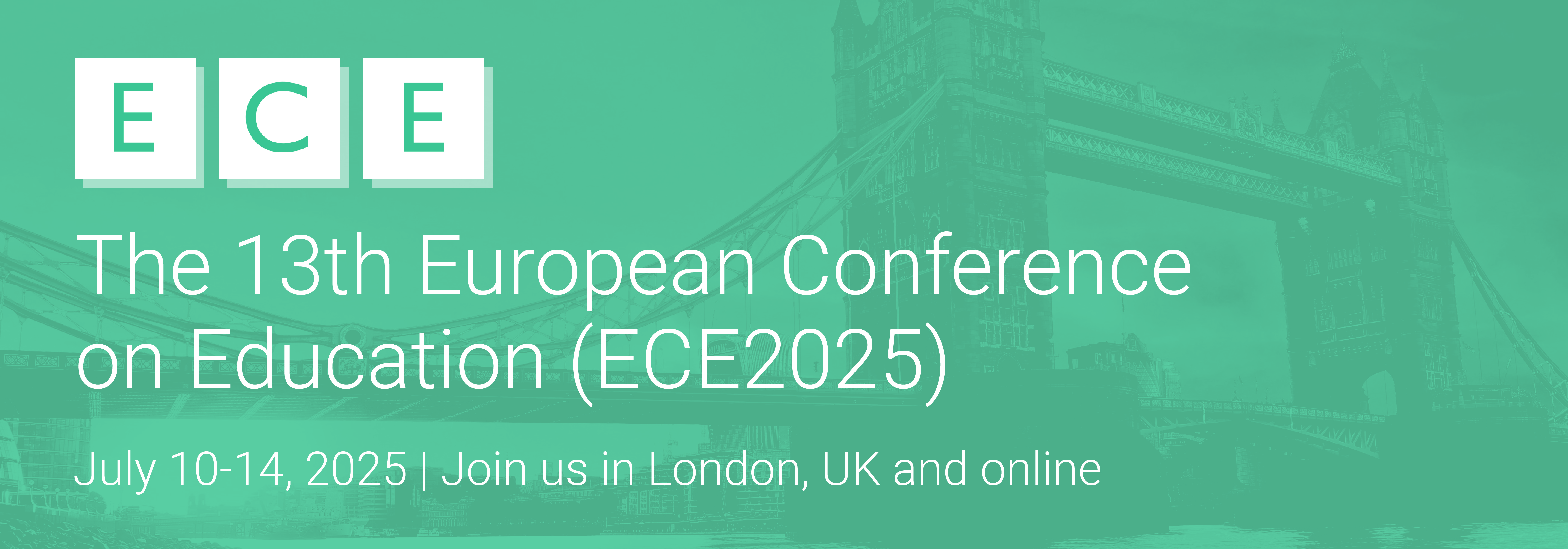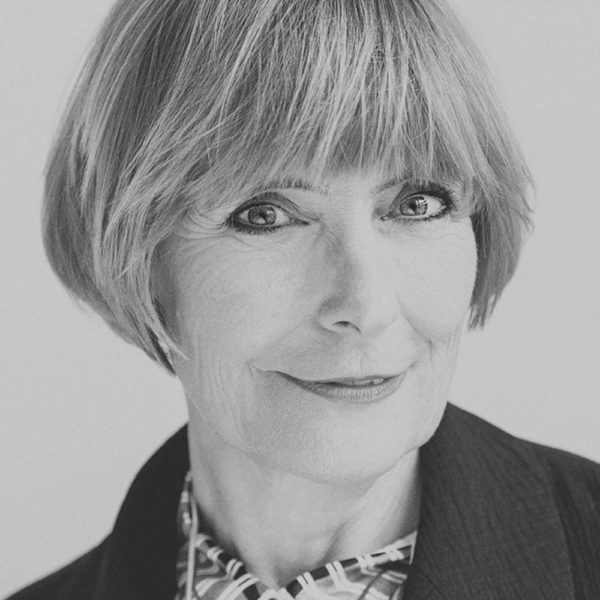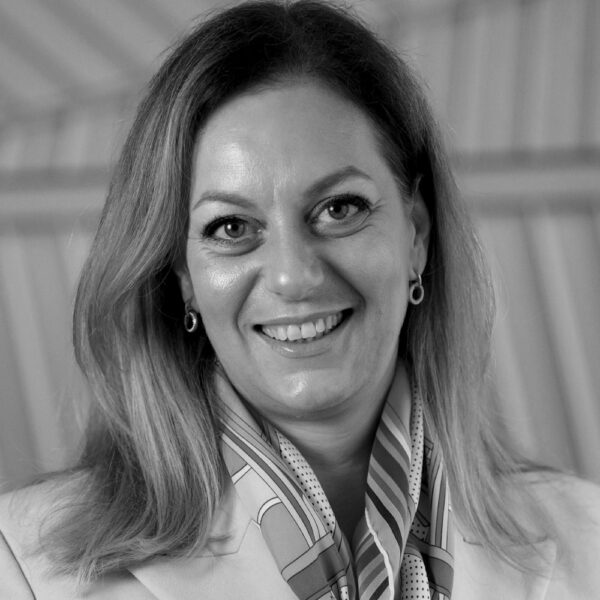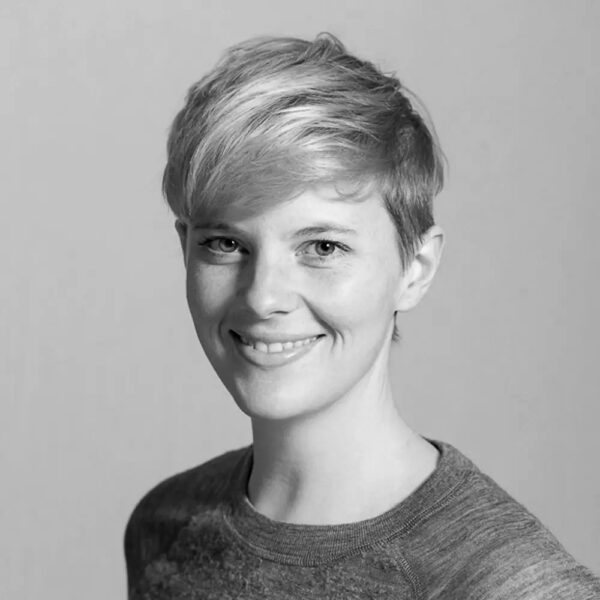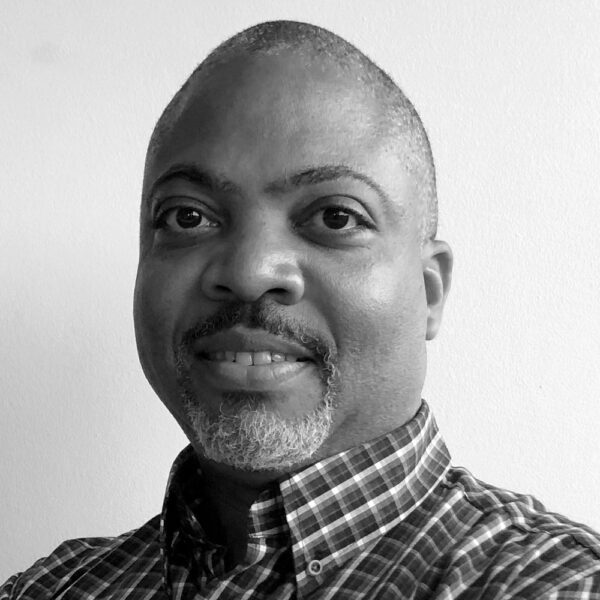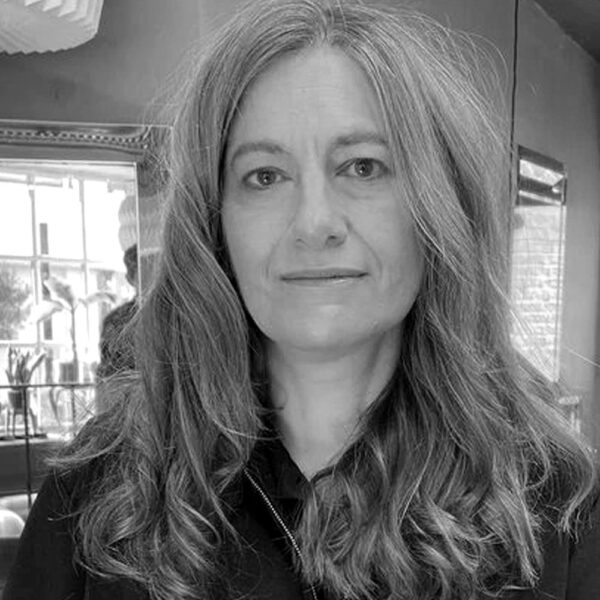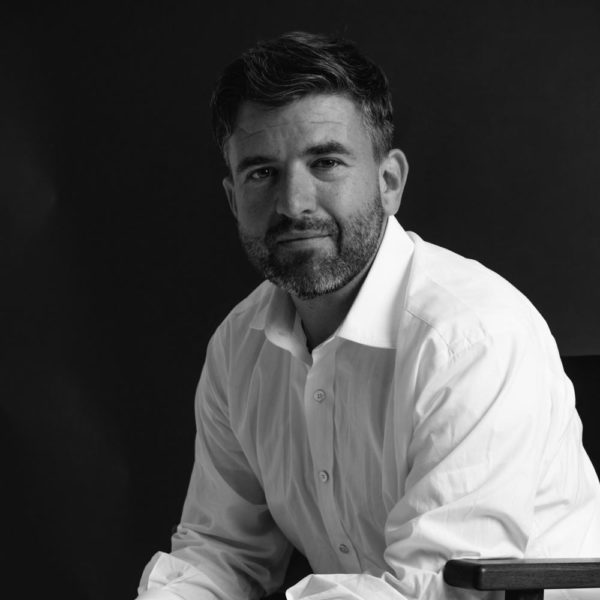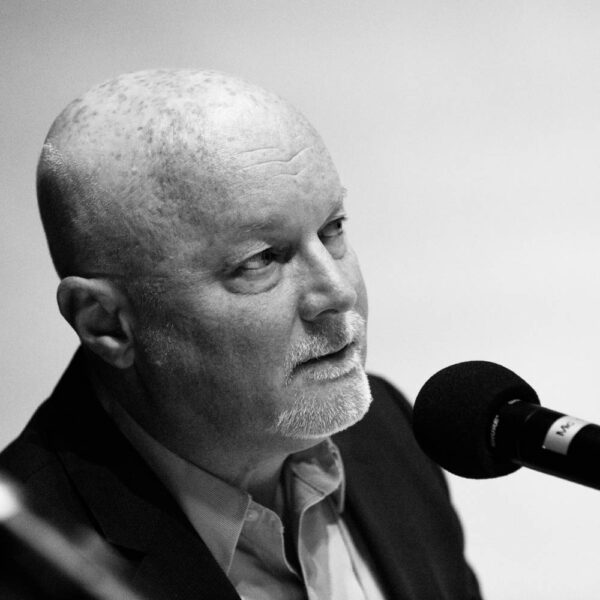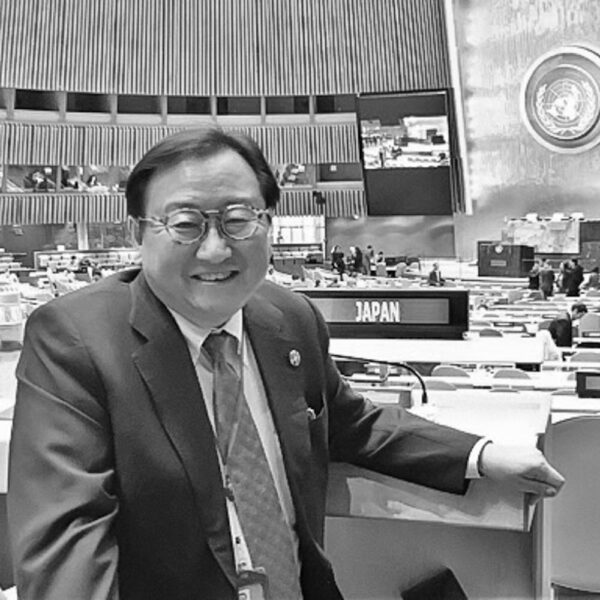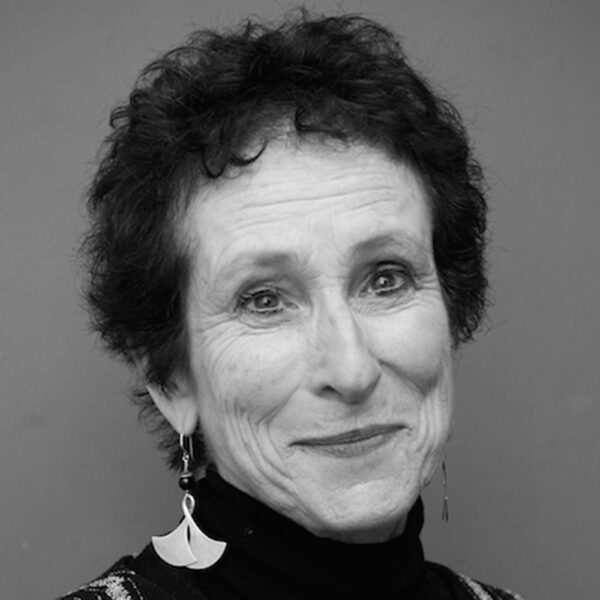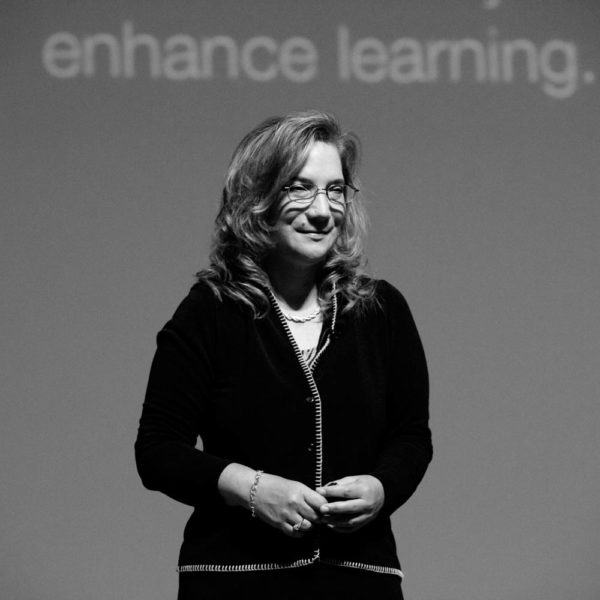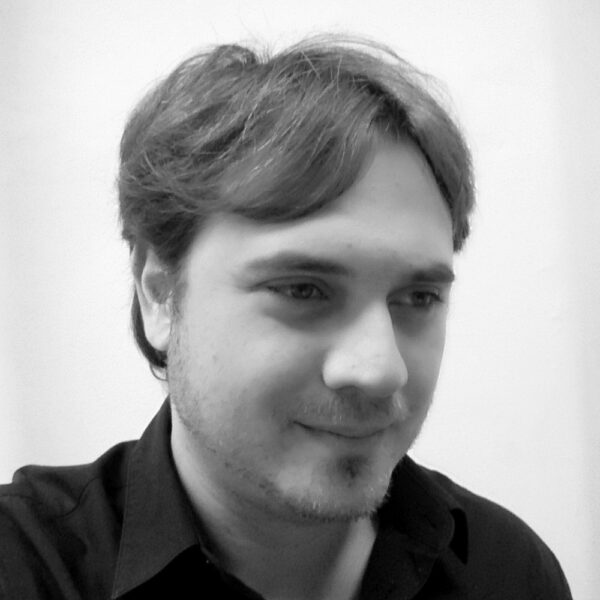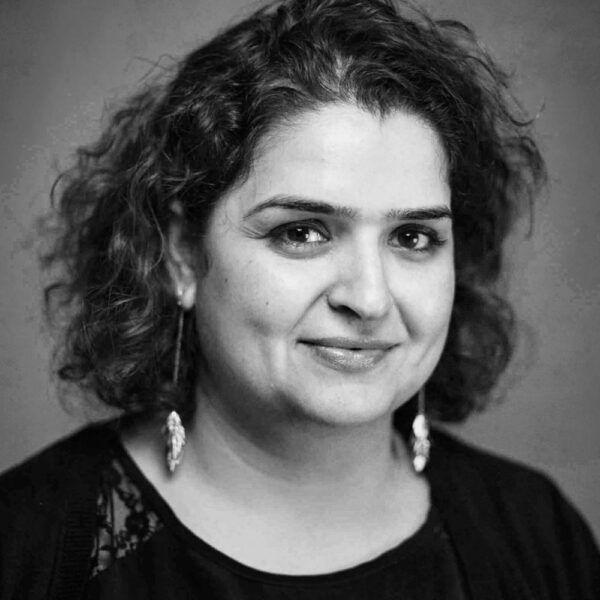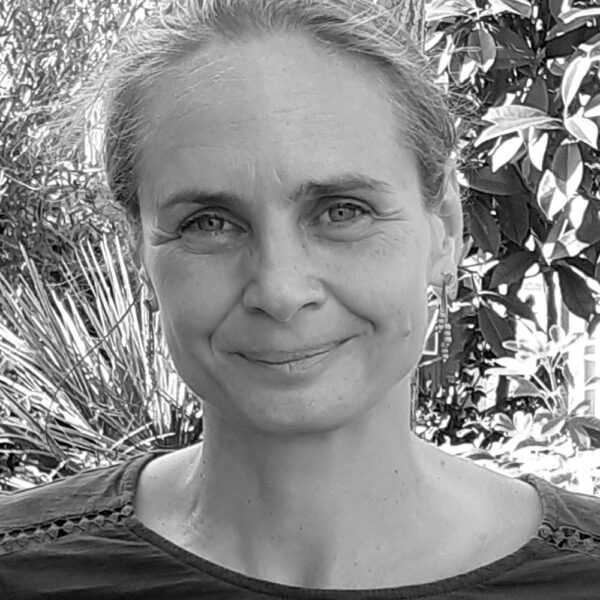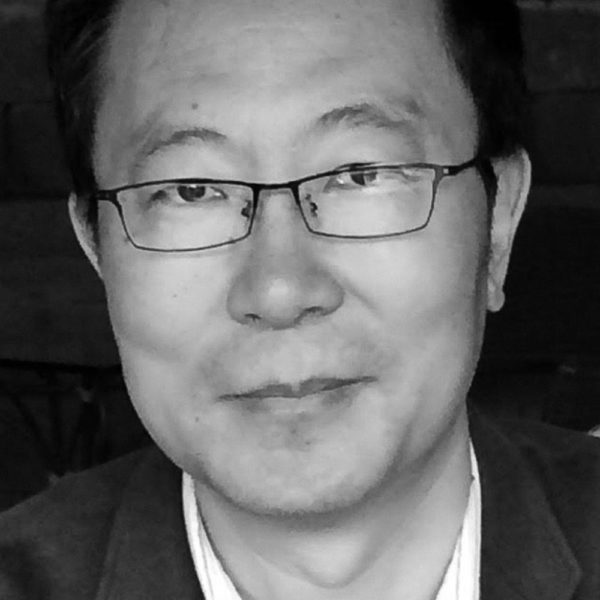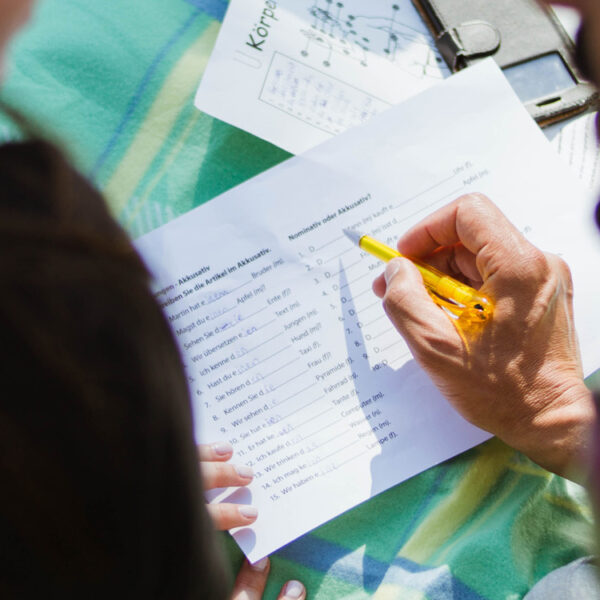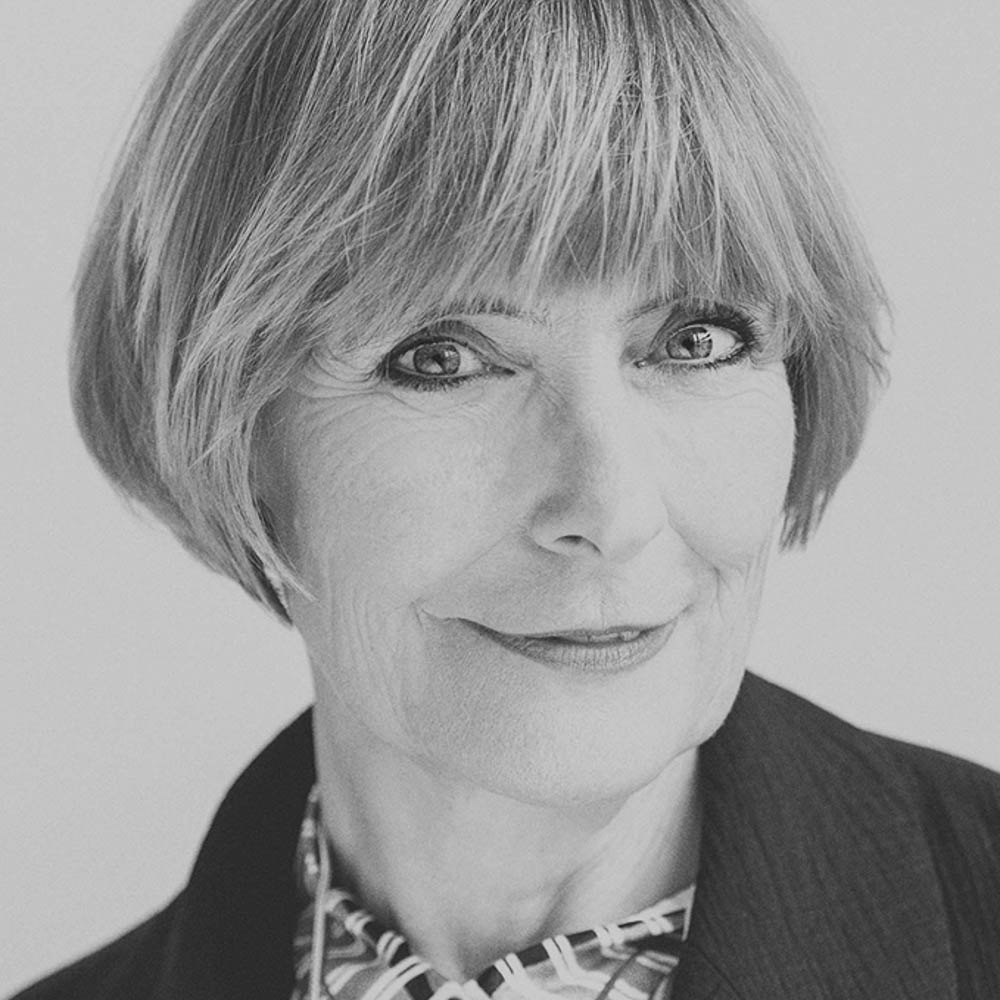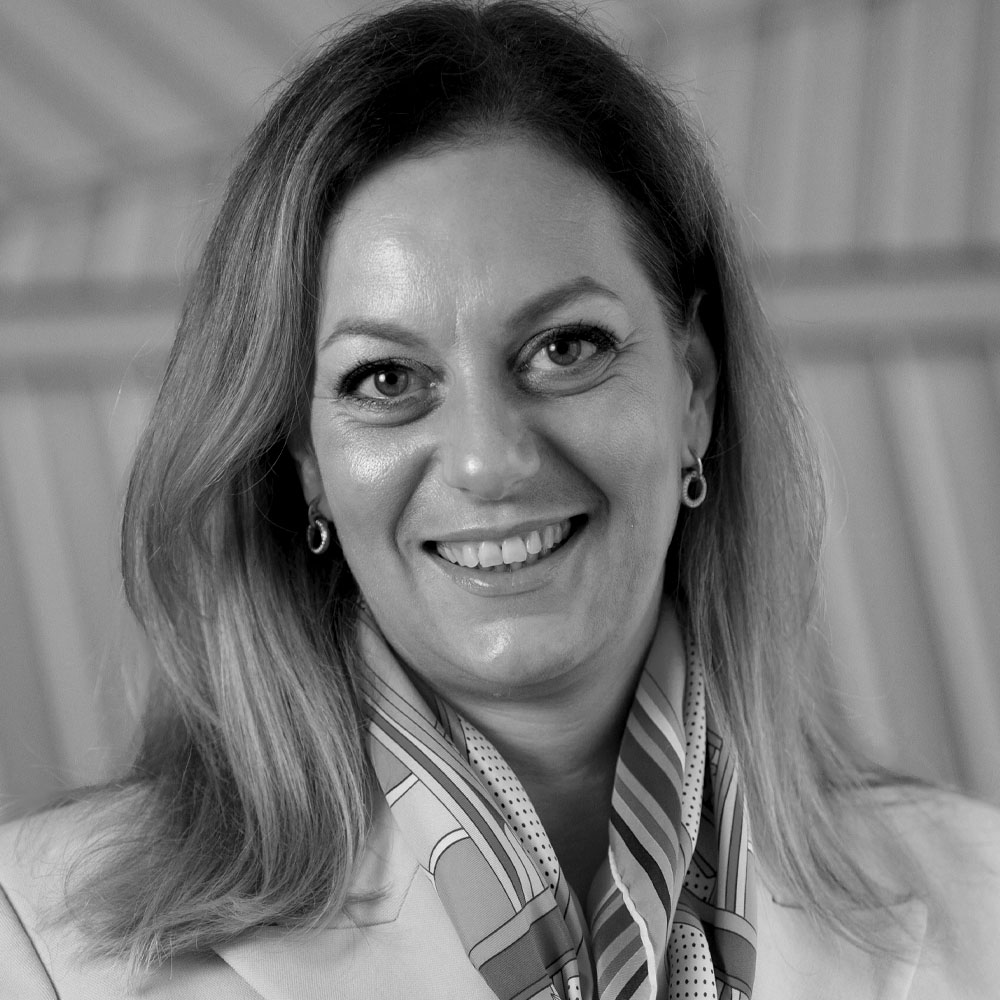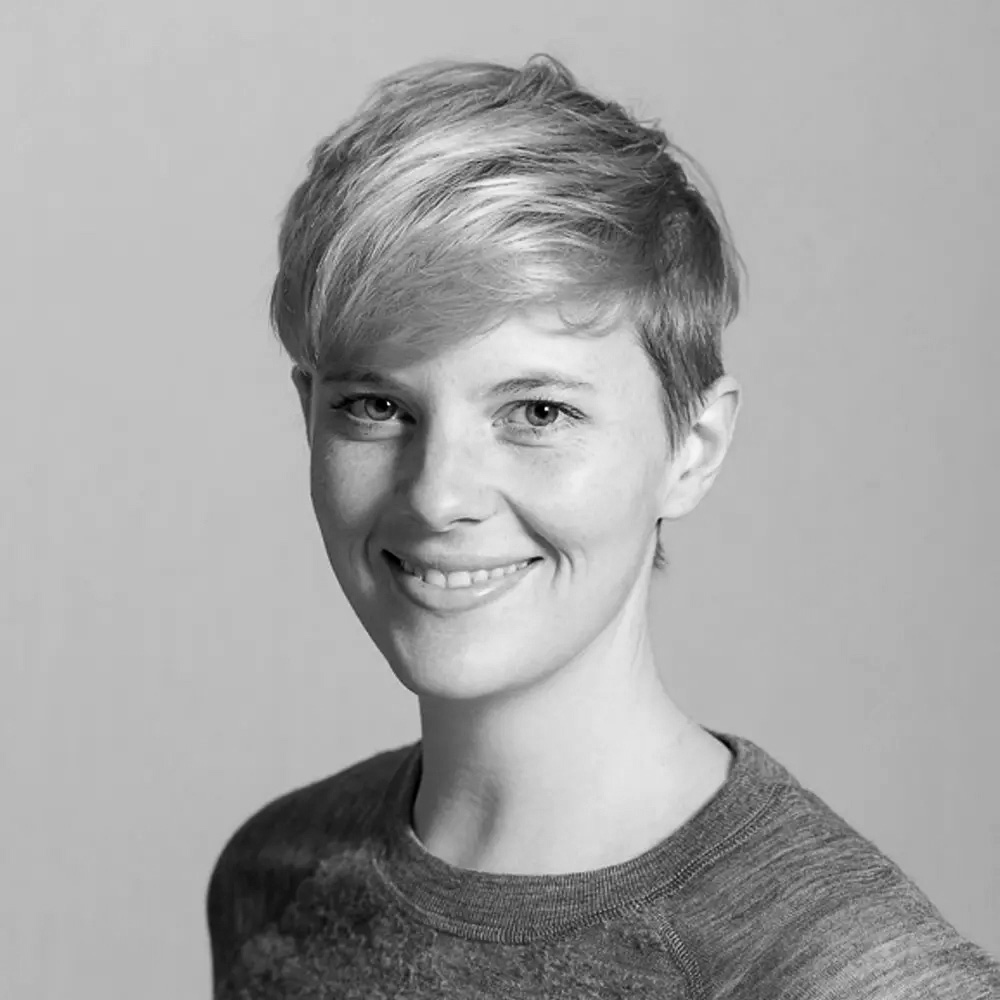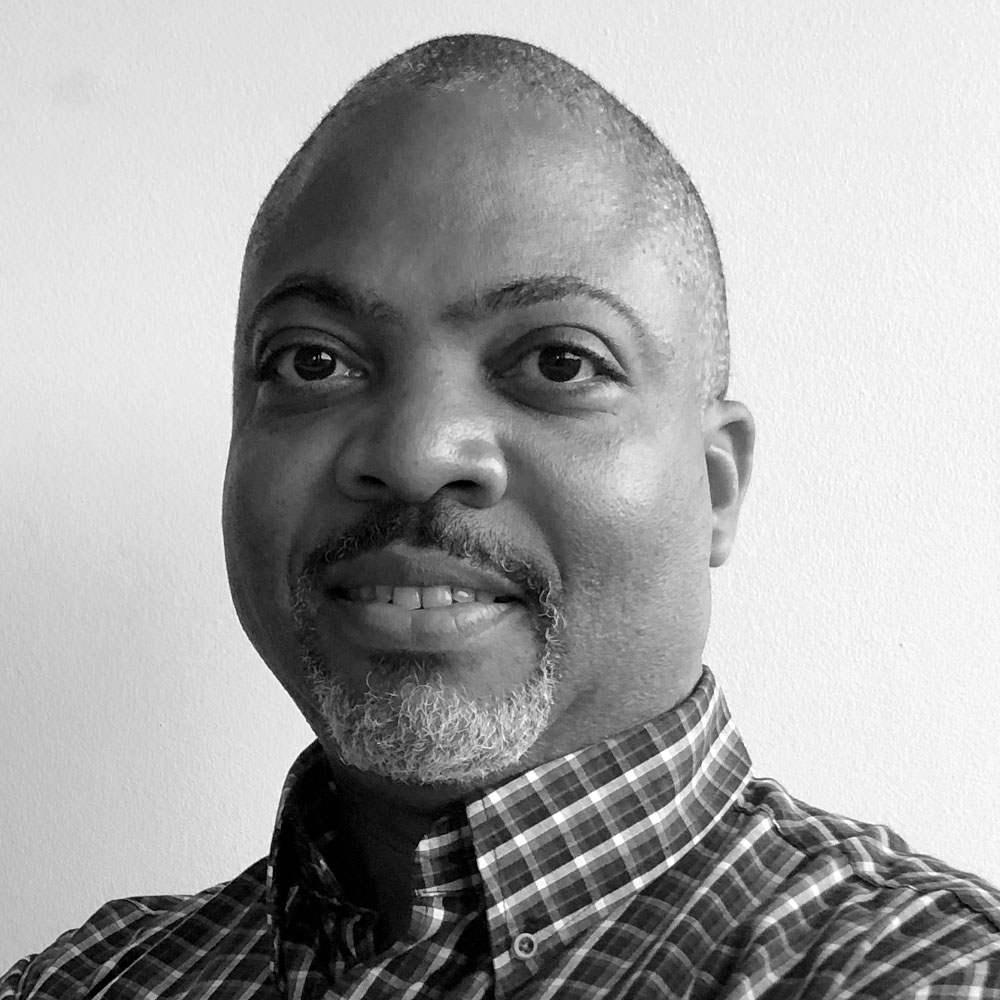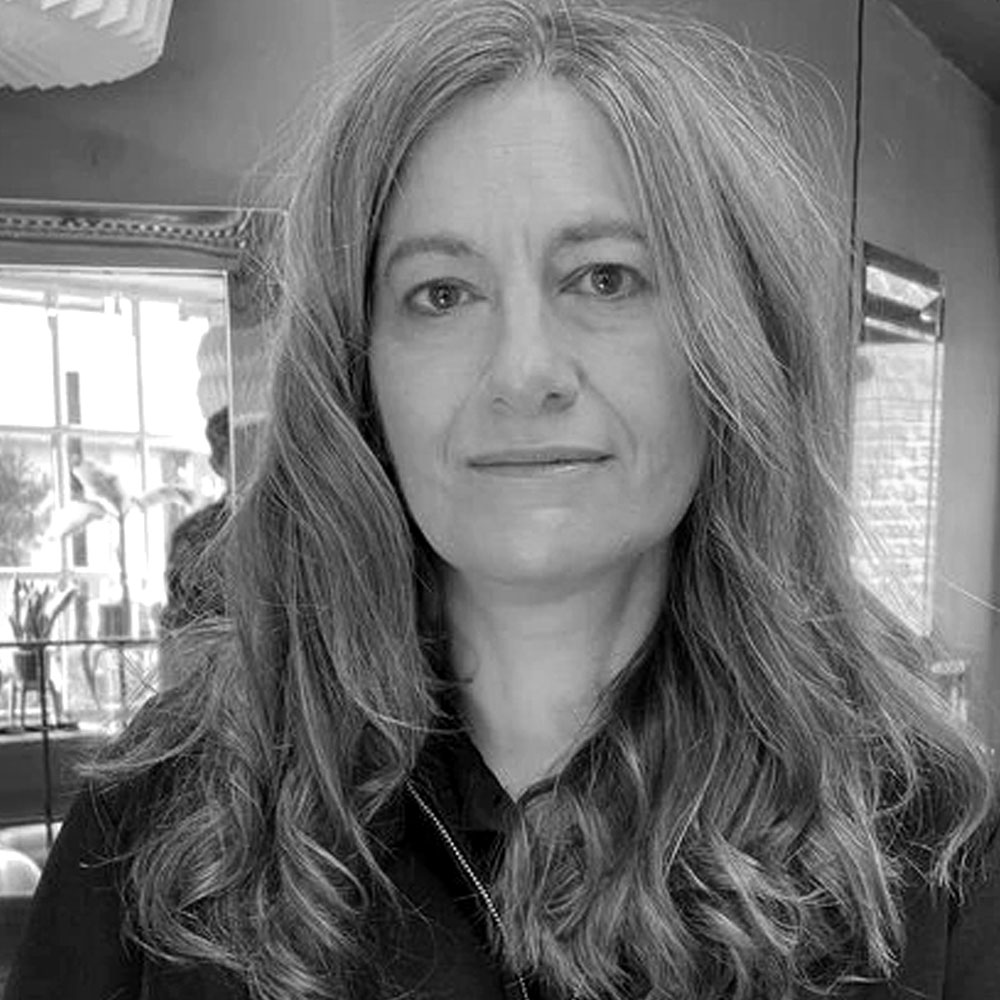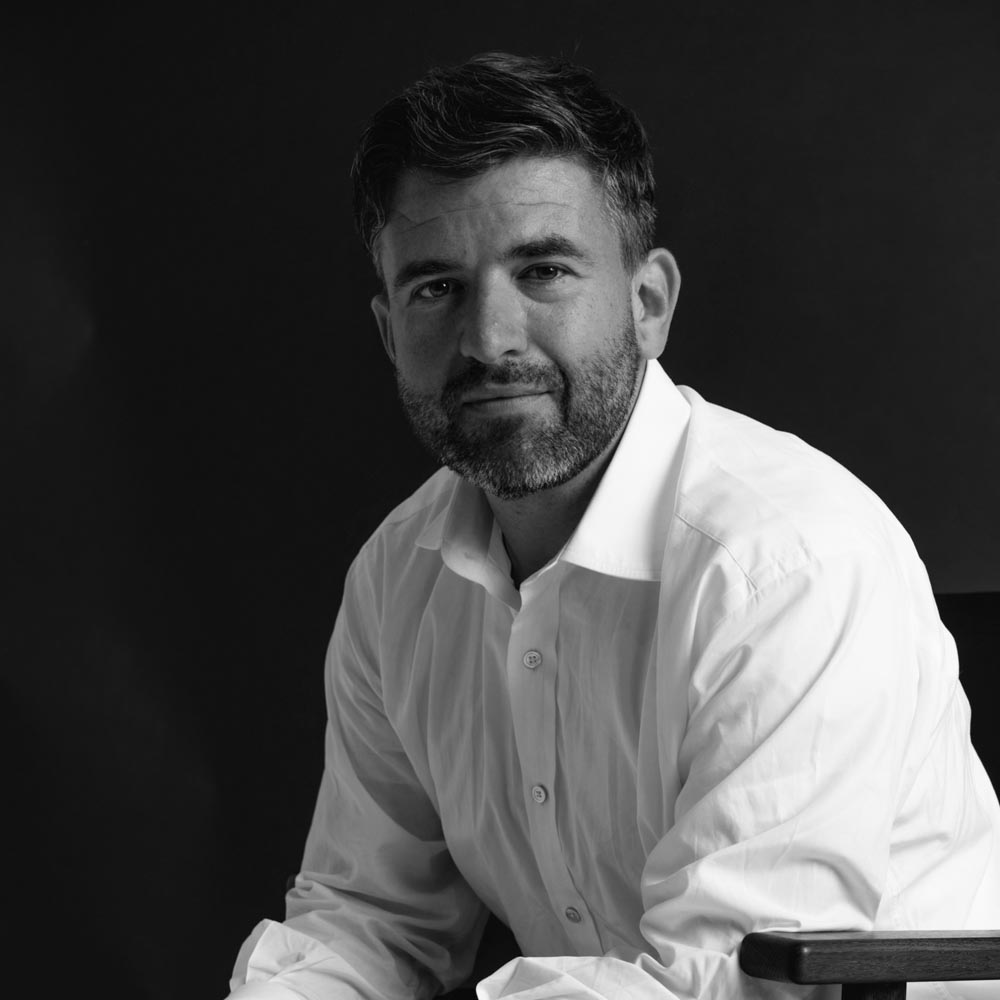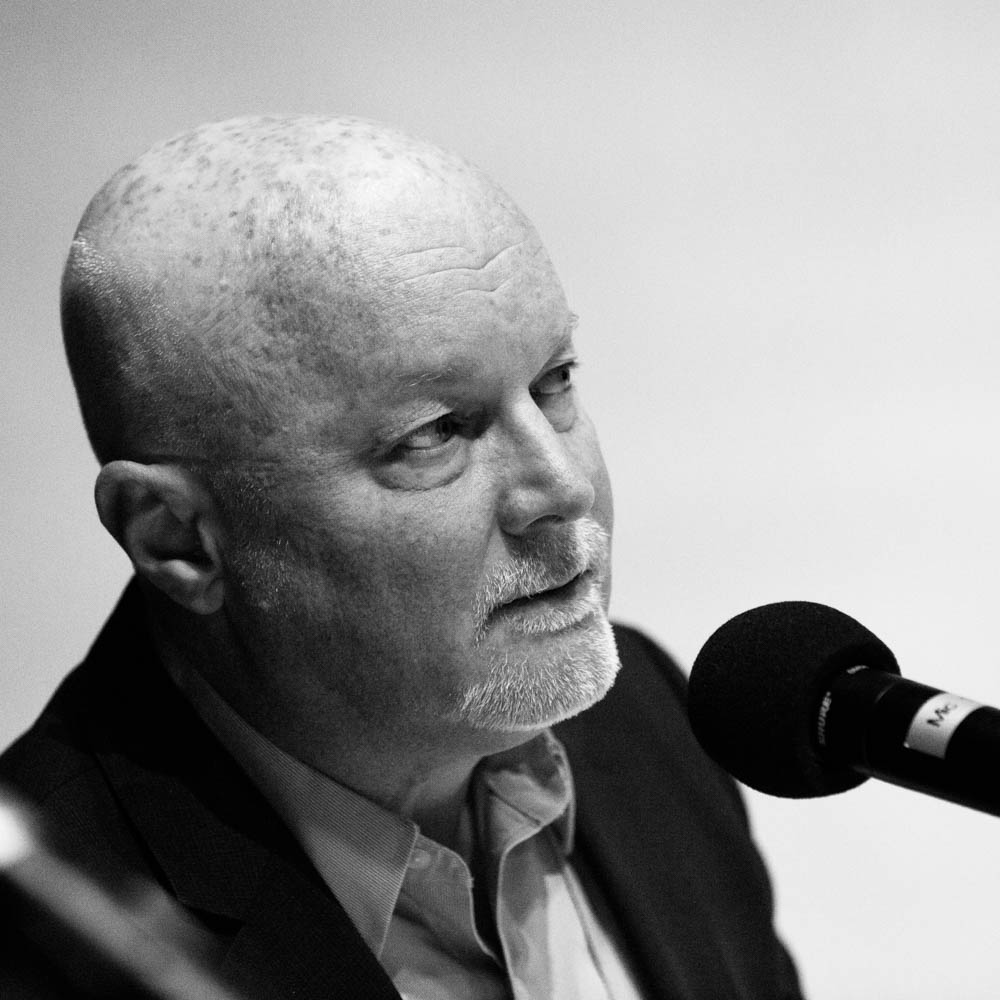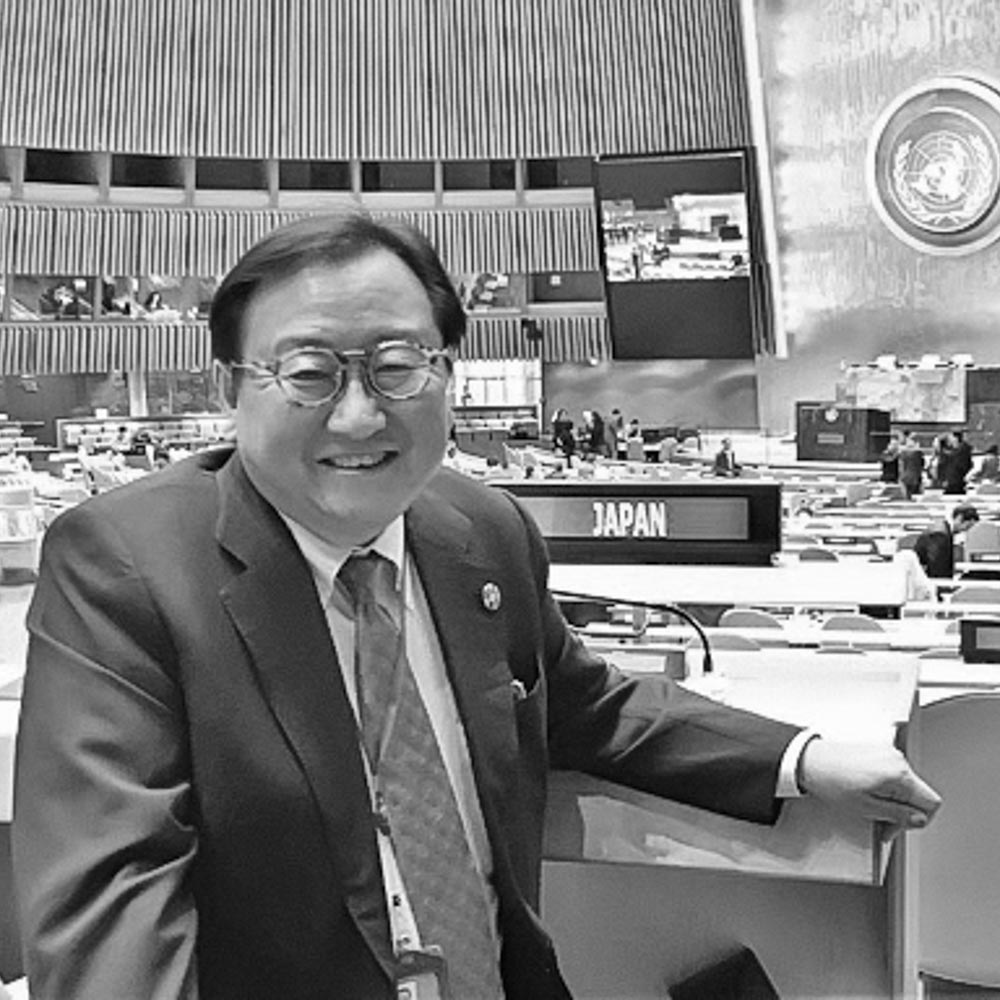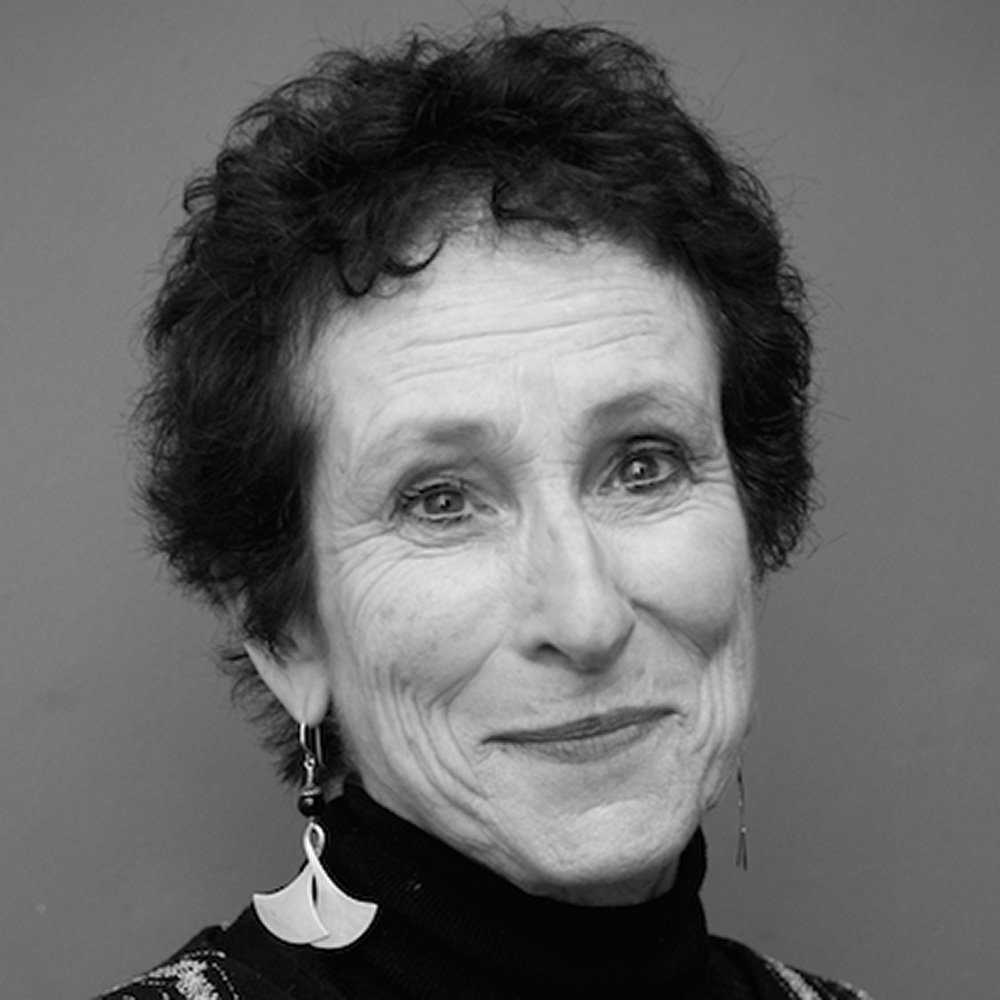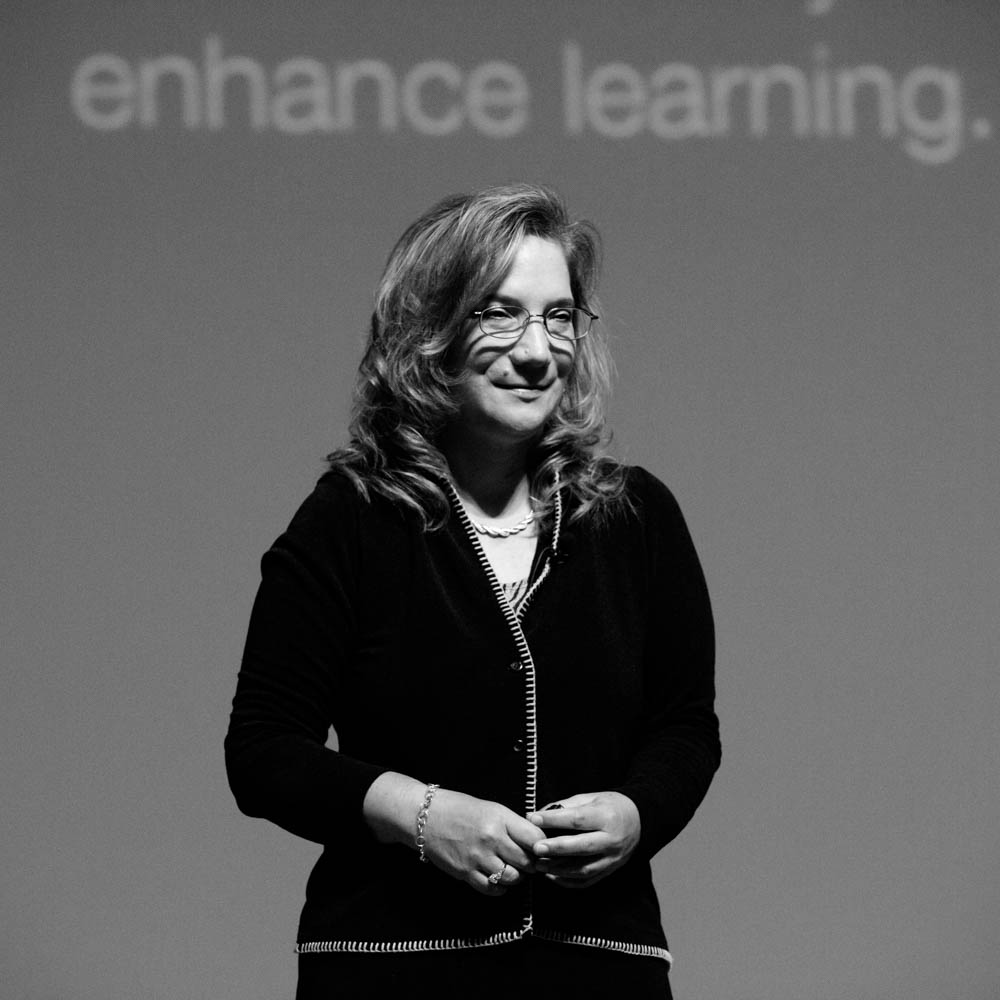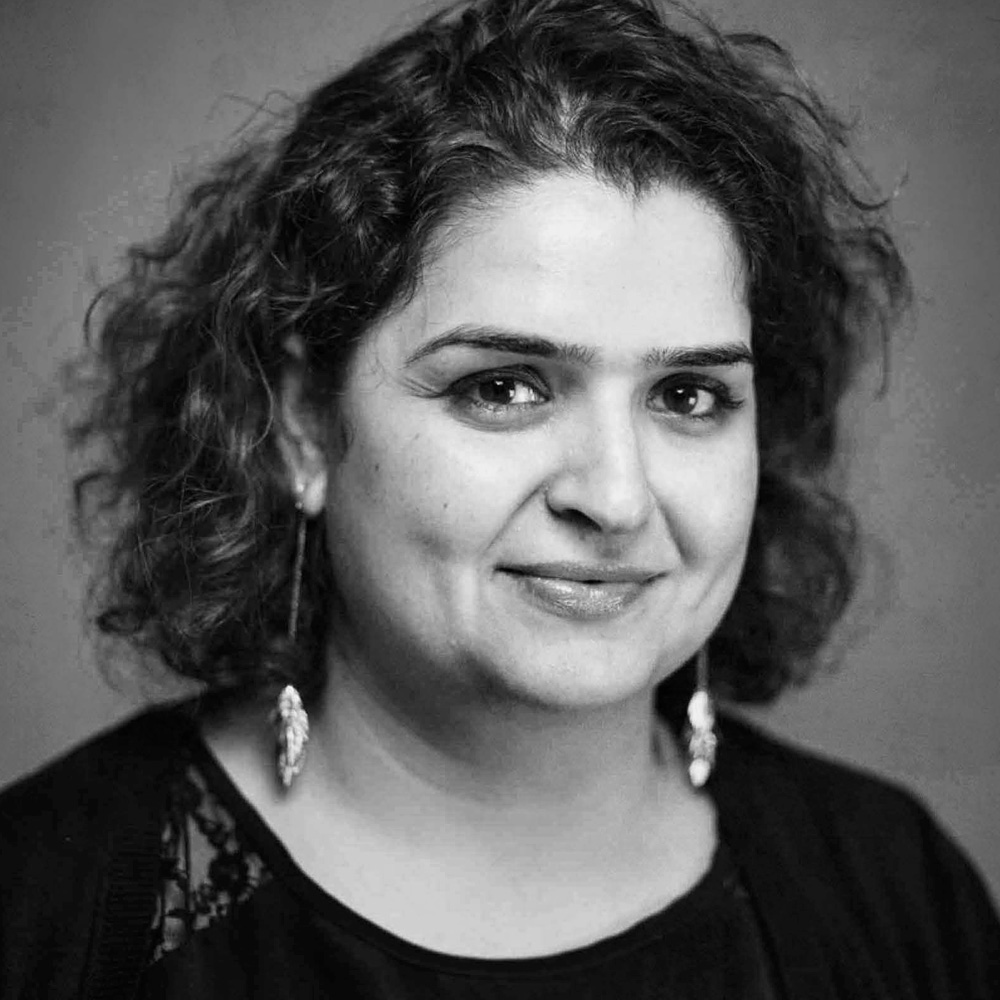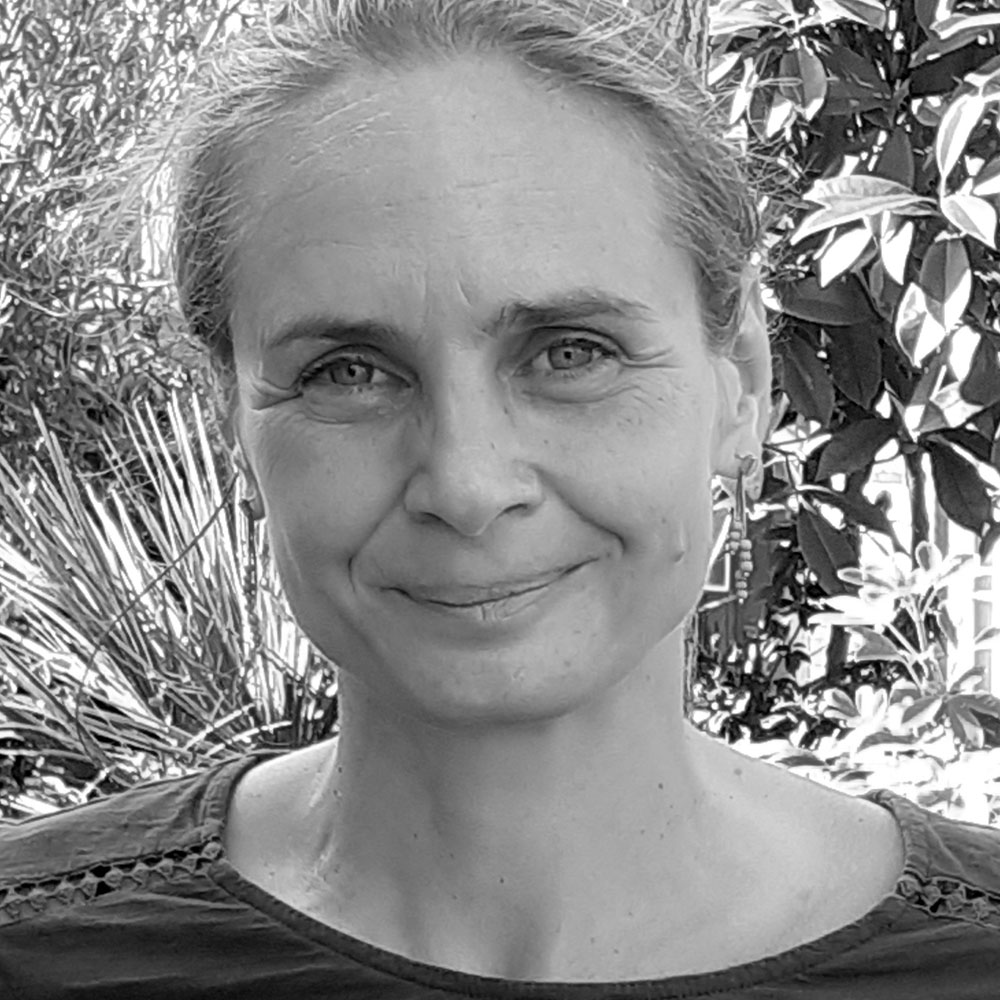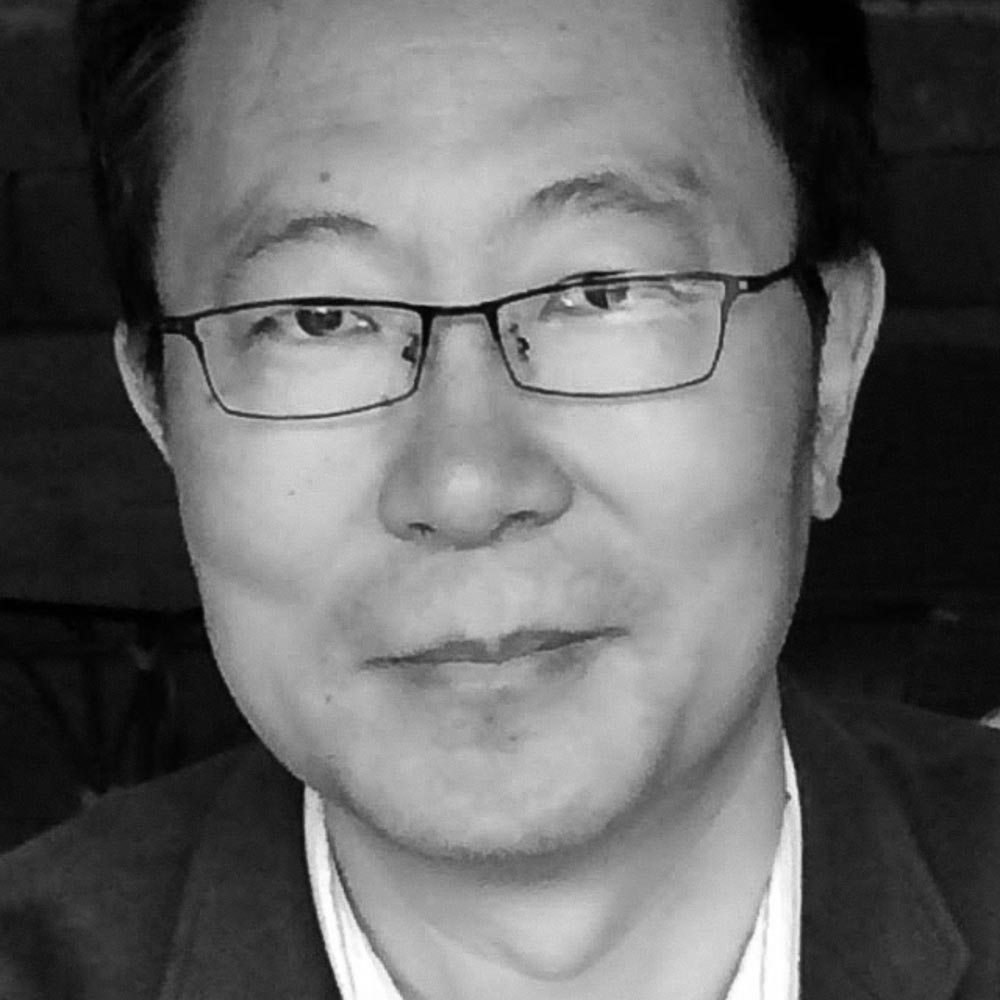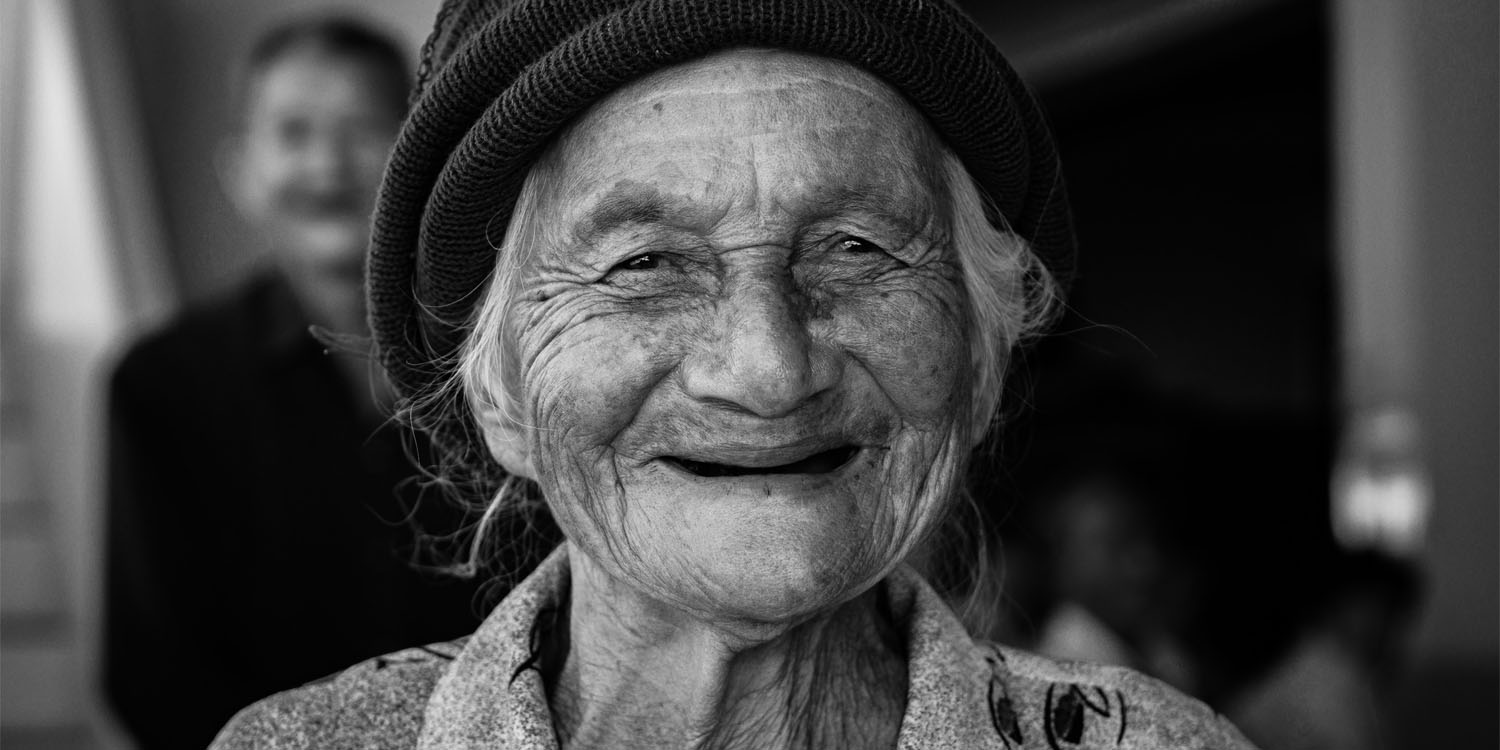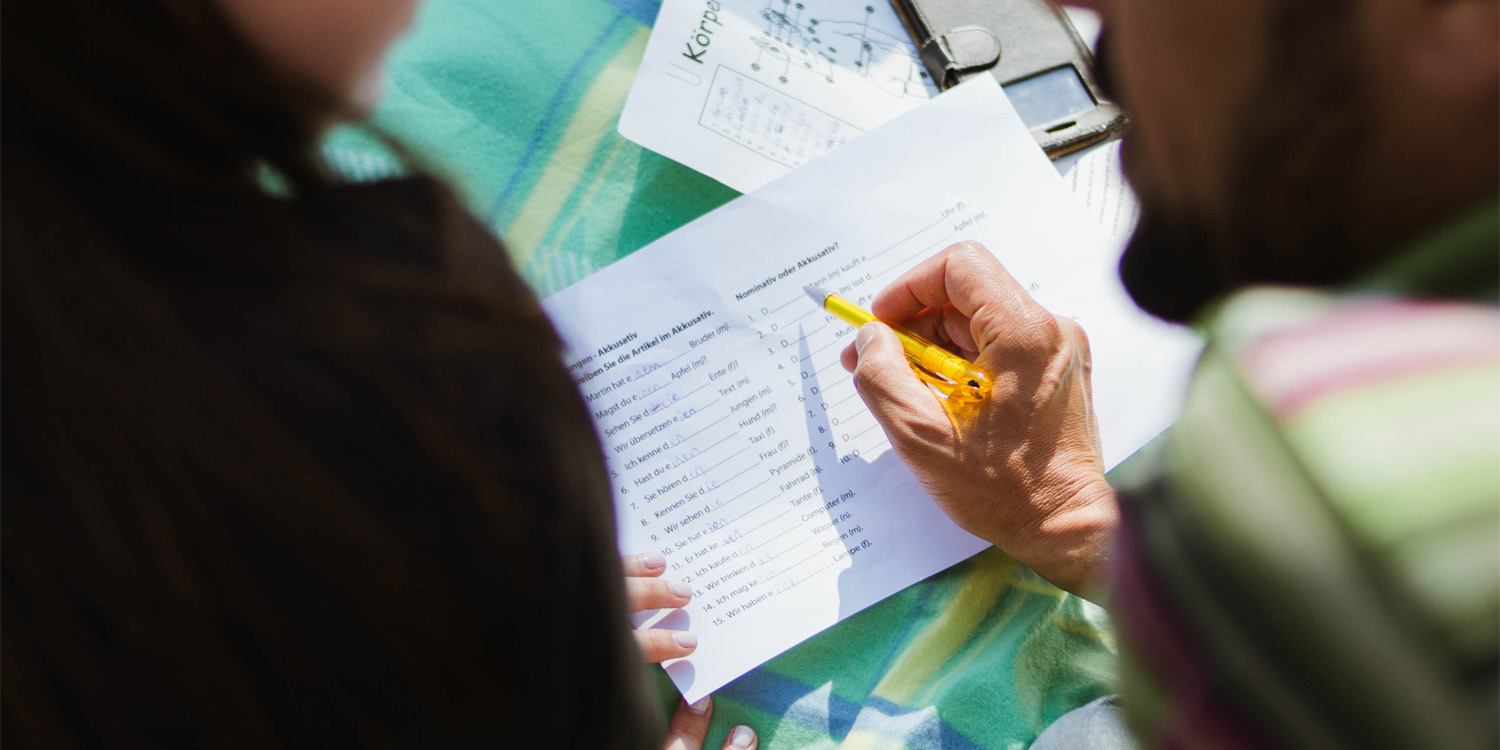July 13–17, 2023 | SOAS & University College London, UK
The IAFOR European Conference Series 2023 (ECE/ECLL/ECAH/EGen2023), held between July 13–17, 2023 at SOAS University of London and UCL, UK, has successfully concluded, reinforcing The International Academic Forum (IAFOR)'s commitment to the advancement of international, intercultural and interdisciplinary study, teaching and research. With over 750 participants hailing from over 75 countries, the event underlined the organisation's role as a bridge to global academic dialogue.
Speakers
-
Anne BoddingtonIAFOR, Japan
-
Evangelia ChrysikouUniversity College London, UK
-
Sara CusterTimes Higher Education, United Kingdom
-
Eddy DavelaarBirkbeck, University of London, United Kingdom
-
Maria DelgadoThe Royal Central School of Speech and Drama, United Kingdom
-
Joseph HaldaneThe International Academic Forum (IAFOR), Japan
-
Donald E. HallBinghamton University, USA
-
Toshiya HoshinoUN Inspectorate General, Immediate Past President of IAFOR, and former Japanese Ambassador to the UN
-
Eleonore KofmanMiddlesex University, United Kingdom
-
Barbara LockeeVirginia Tech, United States
-
Fernando LoizidesUniversity of Cardiff, United Kingdom
-
Neelam RainaMiddlesex University, United Kingdom
-
Andrea RévészUCL Institute of Education, United Kingdom
-
Li WeiUCL Institute of Education, United Kingdom
Programme
-
Phoenix Rising: Education in the Age of DisruptionKeynote Presentation: Barbara Lockee
-
AI: Friend or Foe?Interactive Panel Presentation: Sara Custer, Barbara Lockee
-
Research Practice, Practice Research – Integrity, Inclusivity and ImpactFeatured Presentation: Maria Delgado
-
The Robotic Roommates Revolution: Embracing Needy Robots in Our Homes for a Better FutureFeatured Presentation: Fernando Loizides
-
Mental Resilience and Successful AgeingFeatured Presentation: Eddy Davelaar
-
Exploring the Cognitive and Neural Correlates of Speaking and Writing in a Second Language: Methodological Advances and ChallengesFeatured Presentation: Andrea Révész
-
Schrodinger’s Box of Interdisciplinarity – Inside and Outside the Box Thinking About Global ChallengesFeatured Presentation: Eleonore Kofman & Neelam Raina
